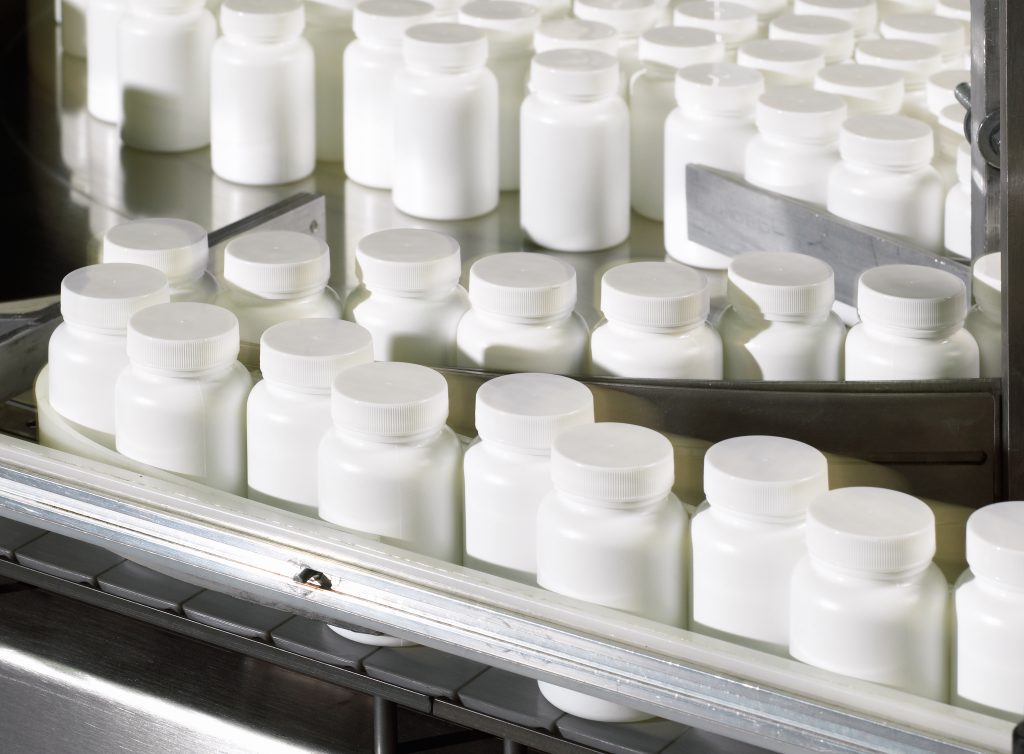Difference Between Contract Manufacturing and Private Label
There are a lot of people who are not clear about the difference between Private Label and Contract Manufacturing. Both styles of manufacturing are prevalent in many industries.
There is a fair bit of confusion about the difference between the two, and advantages/disadvantages of these two styles of manufacturing.
In a nutshell, the end goal of both private label and contract manufacturing is same, which is to produce great products that consumers will love and buy often.
What is Private Label manufacturing?
These products are typically those that are made by one company but are marketed under another company’s label. The manufacturing company retains the control over the product (specifications, quality etc). In other terms, the manufacturer is the owner of the product, and are positioned as a low-cost alternative to well-known products of same or different brand. For example, many superstores sell their own brands along with other well-known brands. They are generally more profitable to the store.
Contract manufacturing?
Contract manufacturing on the other hand is simply outsourcing of the manufacturing process to another company. The owner company gives the specification of the product along with specific units of the products to be made. The contract manufacturer has no say in changing the specification of the products, so contract manufacturing is simply process execution.
Advantages of Private Label Manufacturing
There are several advantages in retaining ownership of the product and being associated with larger brands.
- Lower Marketing and selling costs. sSince the stores and marketing channels are owned by the larger store or brand, the cost associated with these business heads is virtually nil.
- Control of product. The manufacturer retains the control of product. He can change and tweak the specifications, the ingredients, the formula and other things as he sees fit.
- Better control over marketing. The manufacturer can decide upon the label design, give inputs on Logos and tag lines.
- Brand recognition. The store or the carrying Brand may be different, but the product still carries your brand. If customers like the product, they will come back to your brand, asking for more.
Advantages of Contract manufacturing
Contract manufacturing is attractive option for those who are looking to reduce marketing risk and maximize on their operational efficiencies.
- Lower marketing risk. The production run is made to order for specific quantities.
- Economies of scale. Contract manufacturer usually takes bulk orders. They also usually work with multiple customers and take bulk orders from each of them too. This means that they can maximize on economies of scales.
- Advanced skills. Since the manufacturer does not have to spend his resources on marketing, logistics and other business activities related to operating a brand, they develop their skills on improving production processes, improving quality and lowering costs.
- Quality of the product. We are talking about adherence to the specifications here. In those terms, one can expect high level of adherence to the specification for each individual unit manufactured or each batch that is made.
Private label manufacturing and Contract manufacturing are two different facets of how you want to run your business. Marketing is a tricky business, and comes with lot of risks.
Contract manufacturing, though with lower margins is a safer bet. One can even create his own brand of contract manufacturing amongst the marketing companies, to which these outsourcing companies come to, again and again. However, if you are ready to take the risks of and venture out with your own brand, the rewards are yours to pick.

